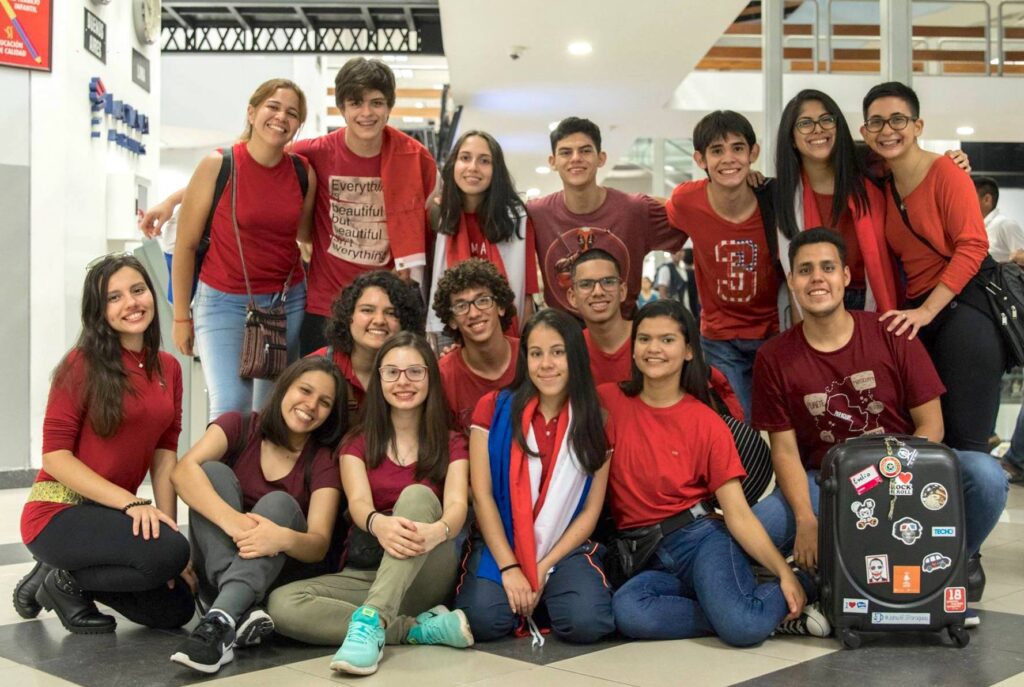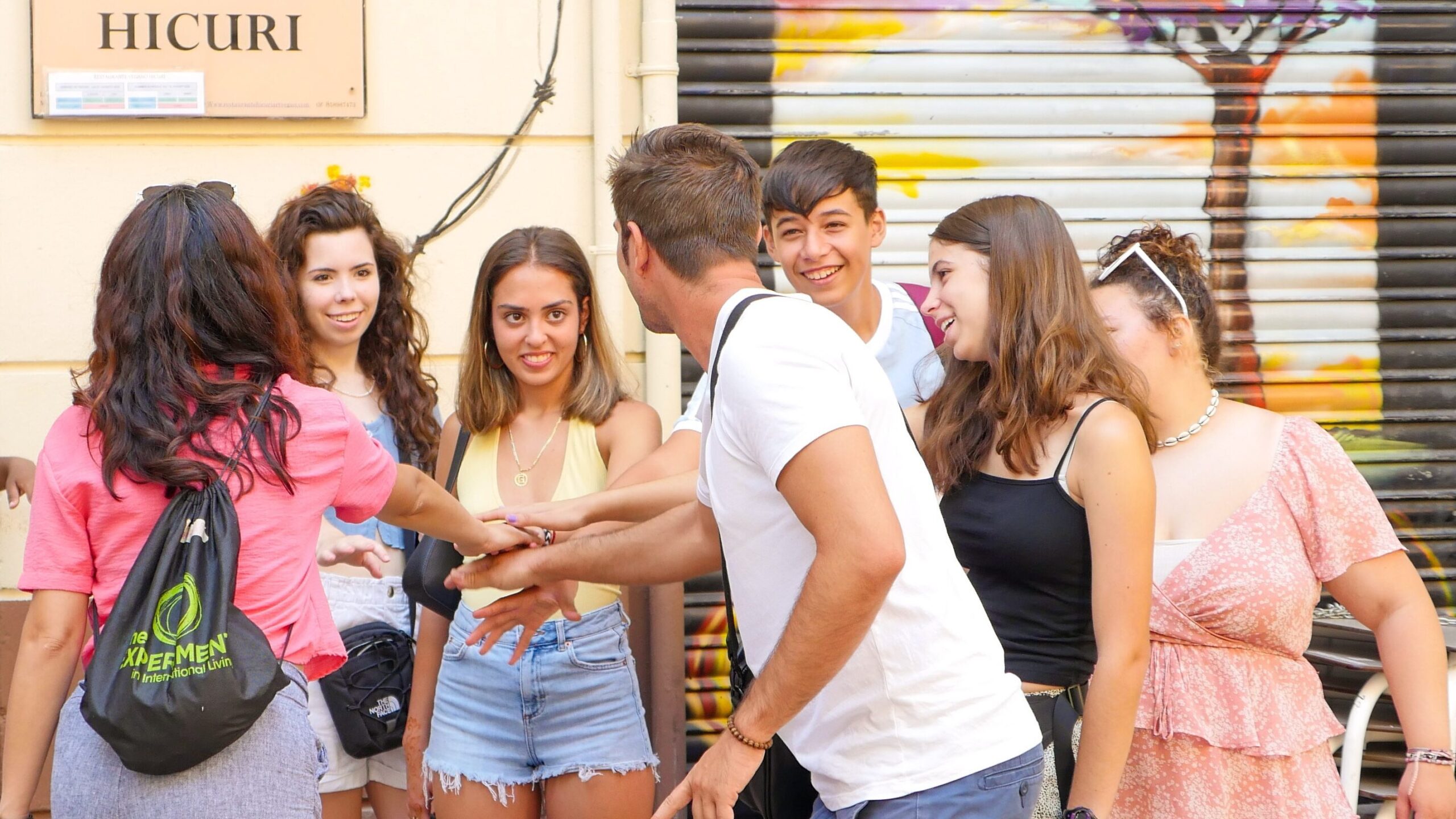-
What We Do
- WHERE WE WORK
-
About Us
 Welcome Message from Carol Jenkins
Welcome Message from Carol JenkinsFor more than 90 years, World Learning has equipped individuals and institutions to address the world’s most pressing problems. We believe that, working together with our partners, we can change this world for the better.
On my travels, I’ve had the opportunity to meet with many of those who have joined us in this mission. In Baghdad, we’ve trained more than 2,300 Iraqi youth who are already giving back at home. In London, our partners in the TAAP Initiative strongly believe that we are all responsible to practice inclusion. And in Vermont, our Experiment in International Living and School for International Training participants prove every day that they have the tools and the determination to change the world.
Please join us in our pursuit of a more peaceful and just world.
- Get Involved
Media Center > Story
The leaders of tomorrow: World Learning celebrates International Youth Day
August 10, 2023
August 12 marks International Youth Day, a United Nations annual observance day created to bring awareness of global issues affecting today’s youth and spotlight their potential to be active partners in solving them.

In honor of the day, World Learning is highlighting youth from our different programs who are advocating for causes they care about; learning new skills; forming global communities and lifelong connections; and more.
Read on to learn how these inspiring youth worldwide are becoming the positive changemakers and leaders of tomorrow — every single day.
Digital Communication Network Global summit empowers Gen Z communicators and advocates

The Digital Communication Network (DCN), implemented in partnership with World Learning, is an interconnected information source for professionals dedicated to combating disinformation and fostering open and honest media. DCN Global’s recent Berlin Youth Summit allowed Gen Z communicators and influencers to learn from industry experts, collaborate with their peers, and develop skills that will make them effective advocates for causes such as combatting authoritarianism, battling climate change, improving mental healthcare access, and expanding human rights and freedom of speech.

For 20 years, World Learning’s Youth Ambassadors Program has worked to prepare youth to make a positive difference in their communities. Annually, nearly 500 students, mentors, and educators from more than 30 countries meet in person and virtually with the goal of building leadership, social, and professional skills and fostering cross-cultural connections.
“[Youth Ambassadors] definitely changed my life and gave me confidence in the voice I have right now because I know that my voice is powerful. Even if I cannot impact a million people, I can impact my community and that’s powerful and that’s what matters,” said Dante Ezequiel Studenko Chamorro, a 2021 Youth Ambassador to Paraguay.
How Experimenters to Spain immersed themselves in Spanish language and culture

Each summer, U.S. high school students embark on unforgettable educational excursions with The Experiment in International Living. In countries around the world, they immerse themselves in different cultures and gain a deeper understanding of the world and themselves.
“I definitely feel a lot more confident in my Spanish speaking skills,” said one Experimenter named Alexa. “Now I feel like I know a lot about Spanish culture and I have a better understanding of the language and culture because I’ve witnessed it.”
Young citizens are at the forefront of change

Throughout the world, youth drive democratic reform, economic growth, and social change in their communities by using a combination of traditional civic tools, like protests and campaigns, and innovative approaches like social media memes. Through this, they harness their energy to tackle climate change, foster equity in education and health systems, and create new employment opportunities.
With World Learning’s Leaders Advancing Democracy-Mongolia Program (LEAD), Mongolian youth leaders worked with communities to design and implement projects that addressed the environment, poverty, and anti-corruption. These projects benefitted more than 9,000 people directly, and more than 4 million people indirectly. Following its success, alumni created shorter, more localized trainings called “Ideas into Action” design sprints, providing a framework through which youth analyze local issues, devise potential solutions, and then bring these solutions to action.





